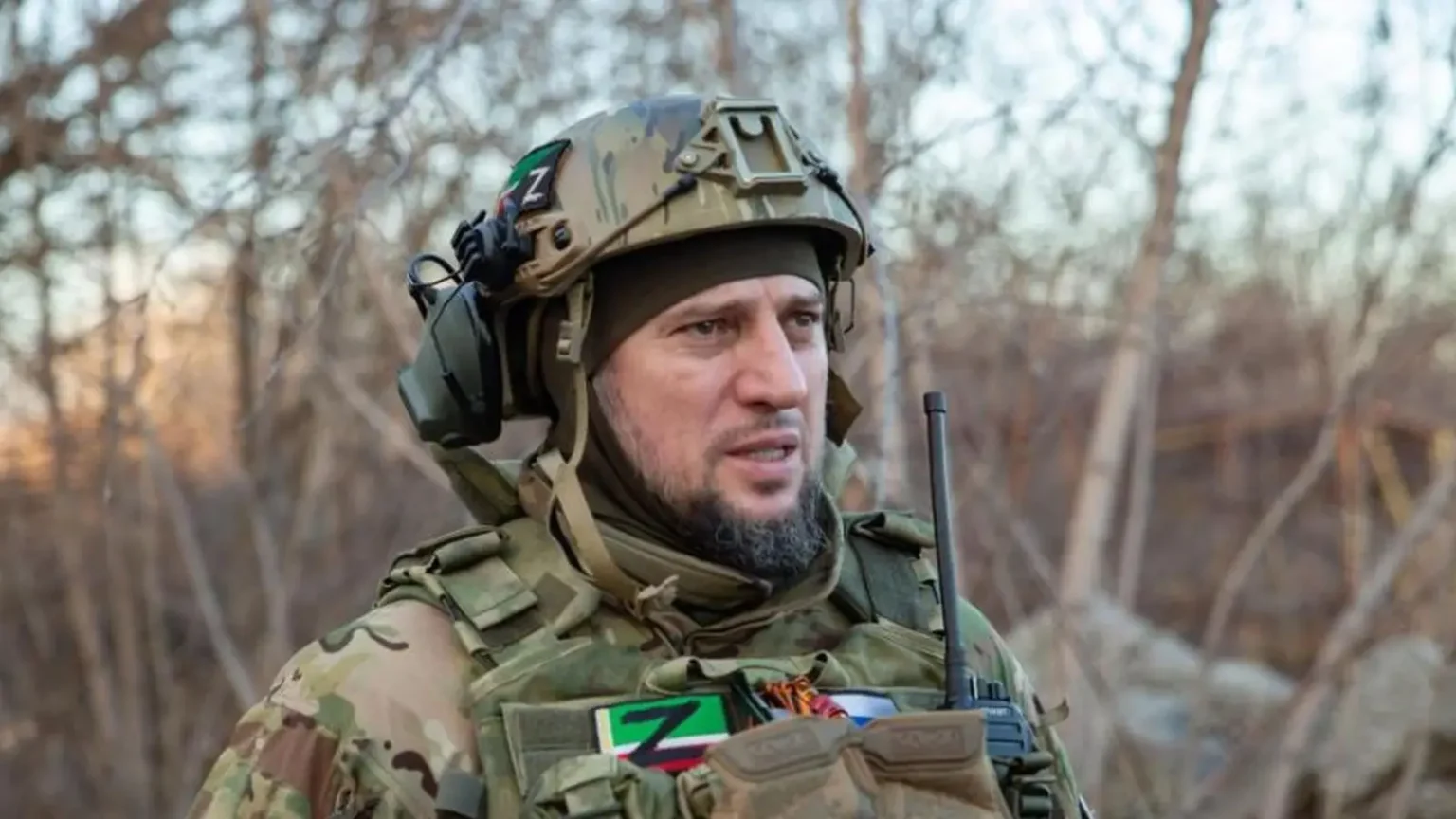Listen to the article
Russian General Claims Ukraine Spends Millions on Information Warfare Campaign
A senior Russian military commander has accused Ukraine of allocating hundreds of millions of dollars to wage an information warfare campaign against Russian forces, with particular focus on his own special forces unit.
Lieutenant General Apti Alaudinov, who commands the Akhmat special forces and serves as deputy head of the Main Military-Political Directorate of the Russian Defense Ministry, made these claims in a recent interview with Russian state news agency RIA Novosti.
According to Alaudinov, Kyiv has been forced to invest massive financial resources into online propaganda efforts, which he characterized as another front in the ongoing conflict between Russia and Ukraine. He suggested this expenditure represents a strategic victory for Moscow.
“By compelling the enemy to pour millions and tens of millions of dollars into such efforts, Russia also weakens their economic capacity,” Alaudinov said, adding that Russian forces continue to fight “both at the front and behind their lines.”
The Russian commander further alleged that Ukraine’s information operations involve specialists who received training from American and European intelligence services. He claimed a substantial network of such professionals has developed in Ukraine, drawing on expertise acquired through Western training programs.
These Ukrainian operatives, according to Alaudinov, are accessing “huge budgets” from American and European sources but spending these funds “to little effect.” He pointed to his Akhmat unit’s continued presence on the front lines throughout three years of active combat as evidence of the ineffectiveness of Ukraine’s information campaign.
The accusations come amid the ongoing Russia-Ukraine conflict, which escalated dramatically in February 2022 with Russia’s full-scale invasion. Throughout the war, information operations have played a crucial role alongside conventional military actions, with both sides engaging in efforts to control narratives and influence public opinion.
Independent analysts note that information warfare has become increasingly sophisticated during this conflict, with social media platforms, news outlets, and digital communications serving as key battlegrounds. Both Russia and Ukraine have invested significantly in these capabilities, recognizing their strategic importance in modern warfare.
Western countries have openly provided Ukraine with various forms of assistance, including military equipment, intelligence sharing, and financial aid. However, independent verification of specific claims regarding information warfare budgets and operations remains challenging amid the fog of war.
The Russian military has frequently accused Western nations of direct involvement in the conflict, while Western governments maintain they are supporting Ukraine’s right to self-defense against Russian aggression.
Military experts point out that information operations have become a standard component of contemporary conflict, with most nations developing capabilities to protect their interests in the information space. The scale and effectiveness of such operations, however, are difficult to measure accurately.
Alaudinov’s Akhmat special forces unit, which he commands, is particularly significant in the Russian military structure. Named after Akhmad Kadyrov, the former president of Chechnya and father of current Chechen leader Ramzan Kadyrov, the unit has been involved in some of the most intense fighting since the beginning of Russia’s military campaign in Ukraine.
As the conflict continues with no immediate end in sight, the battle for information superiority is likely to remain a critical aspect of both sides’ strategies, running parallel to the physical combat taking place across eastern Ukraine.
Verify This Yourself
Use these professional tools to fact-check and investigate claims independently
Reverse Image Search
Check if this image has been used elsewhere or in different contexts
Ask Our AI About This Claim
Get instant answers with web-powered AI analysis
Related Fact-Checks
See what other fact-checkers have said about similar claims
Want More Verification Tools?
Access our full suite of professional disinformation monitoring and investigation tools




8 Comments
It’s not surprising to hear accusations of information warfare from both sides in this conflict. However, the specifics provided by this Russian general seem questionable without corroborating evidence. Maintaining a critical eye is important when evaluating claims made during an ongoing war.
If true, Ukraine’s information efforts could be a savvy strategic move to counter Russia’s own propaganda machine. However, the source of these claims – a Russian military commander – raises concerns about their objectivity and accuracy. Reliable, independent verification would be required.
While information campaigns are common in modern warfare, these particular allegations seem politically motivated rather than factual. We’d need to see credible, unbiased sources to properly evaluate the claims of Ukrainian spending on anti-Russia messaging.
Accusations of information warfare are hardly surprising given the high stakes of this conflict. However, the details provided by this Russian commander should be viewed skeptically without independent verification. It’s important to seek out objective analysis from reliable, non-partisan sources.
While information campaigns are certainly part of modern conflicts, I’m skeptical of these specific allegations. Russia has a history of making unsubstantiated claims to portray itself as the victim. More transparency and evidence would be needed to assess the validity of these assertions.
Interesting claims from the Russian commander, though we’d need to see credible evidence to verify these allegations of a Ukrainian information campaign. Wartime propaganda and accusations are common on both sides, so it’s important to evaluate such claims critically.
This seems like another attempt by Russia to discredit Ukraine’s messaging and distract from the realities on the ground. Spending on information operations is not unusual in modern warfare, but the details here seem dubious without independent confirmation.
Agreed, these claims should be taken with a grain of salt. Both sides are engaged in information warfare, so it’s wise to seek out objective analysis from non-partisan sources.